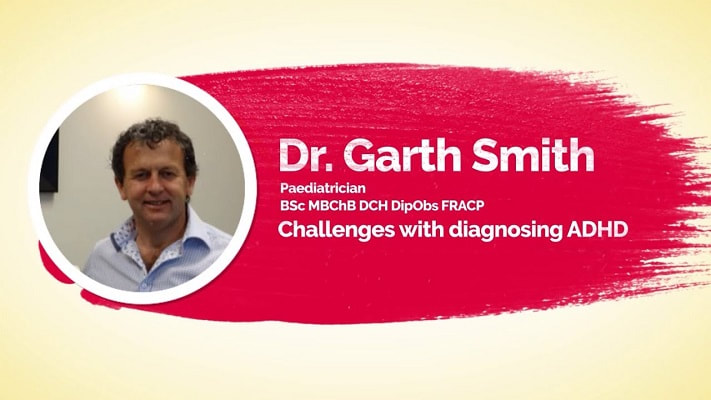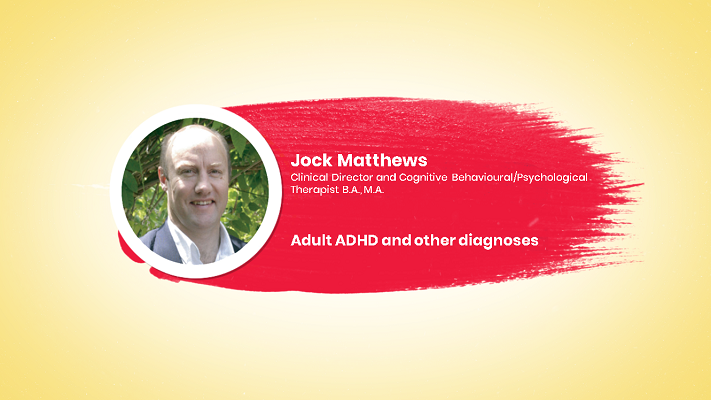You keep losing your keys, feel you can never finish anything at work, or maybe have had a family member say “do you think you might have ADHD?.” You've had a child or adolescent assessed and diagnosed with ADHD only to find out its genetic and wondered about yourself.
Whatever the reason, getting a specialist assessment is the first step towards getting some answers and potentially explaining what you've been experiencing since childhood.
Getting an assessment and diagnosis of ADHD often helps you to understand there is a reason for many of your current and past difficulties can be an enormous relief.
Rather like getting a new job, there are many things you'll have to undertake and share with your specialist.
There are two ways you can go about this:
If you're an adult wanting to get assessed for ADHD we'd recommend that first you see your GP for a referral. However, adults often end up seeing a private Specialist to get assessed for ADHD.
Whatever the reason, getting a specialist assessment is the first step towards getting some answers and potentially explaining what you've been experiencing since childhood.
Getting an assessment and diagnosis of ADHD often helps you to understand there is a reason for many of your current and past difficulties can be an enormous relief.
Rather like getting a new job, there are many things you'll have to undertake and share with your specialist.
There are two ways you can go about this:
- see your GP and have them refer you (if you're over 18 years of age) or your child (if they're 18 years or younger) to be seen by a specialist in the Public Health System (which will likely involve a wait, but is free), or
- go directly to a private specialist (which may be less of a wait, but will have a cost associated with it).
If you're an adult wanting to get assessed for ADHD we'd recommend that first you see your GP for a referral. However, adults often end up seeing a private Specialist to get assessed for ADHD.
Think you, or your child, have ADHD?
Here's an outline of the process for getting assessed for, and possibly diagnosed with, ADHD. Click on any of the links to find out more about each step.
1. See your GP 2. Choose your specialist
3. Preparing to see your specialist
5. Getting diagnosed with ADHD
1. See your GP 2. Choose your specialist
3. Preparing to see your specialist
- What assessments will you need to undertake before seeing them?
- Who else, or what other evidence, should you take to your meeting with your specialist?
5. Getting diagnosed with ADHD






